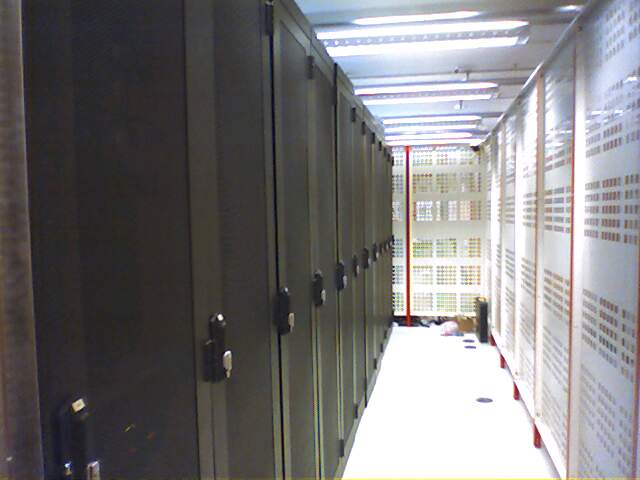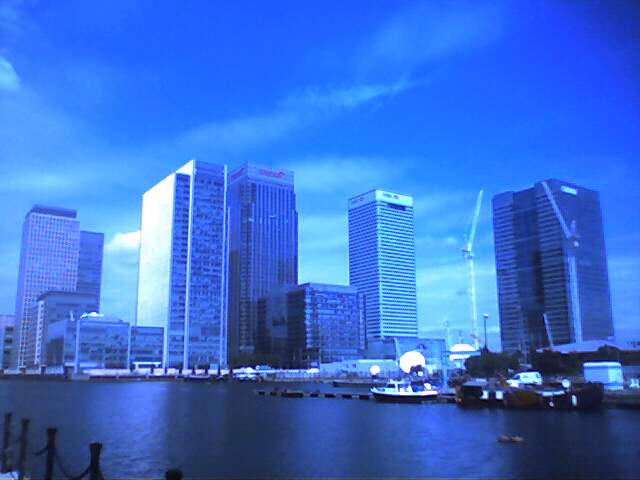Sovereign House in Docklands, one of the Enclick server sites, also houses the London Internet Exchange (LINX). The biggest internet hub, or Internet exchange point (IXP), in the world. The internet traffic resulting from 95% of UK internet users shunts through the LINX IXP as it transits to and from 200 ISP companies. Traffic peaks routinely exceed 100 Gbits.
 |
Almost half of the total Internet routing table is available by peering at LINX. The LINX “collector” router contains some 57,000 routes which are obtained purely by peering with LINX members. |
The Docklands Internet Exchange Point is the most central internet hub in the world, with least degrees of separation from any server or user on the internet.
As a common infrastructure point, LINX also acts a common discussion and regulation point between content and telecom companies. For the good of the internet is one of its central tenets. An example of this vision is LINX lowering of fees for small ISP to connect to the central internet hub.
LINX’s future is in peril though, whether it survives will depend on how it navigates the Net Neutrality debacle. Telecom companies are to acquire the right to charge for transit as well as delivery of internet traffic.. Transit points like LINX have so far been exempt from commercial interests, as all traffic was treated equally. From the moment tariffs can be levied legitimately on traffic transit, internet hubs become commercial battlefields.


